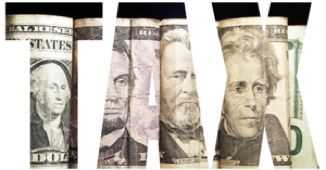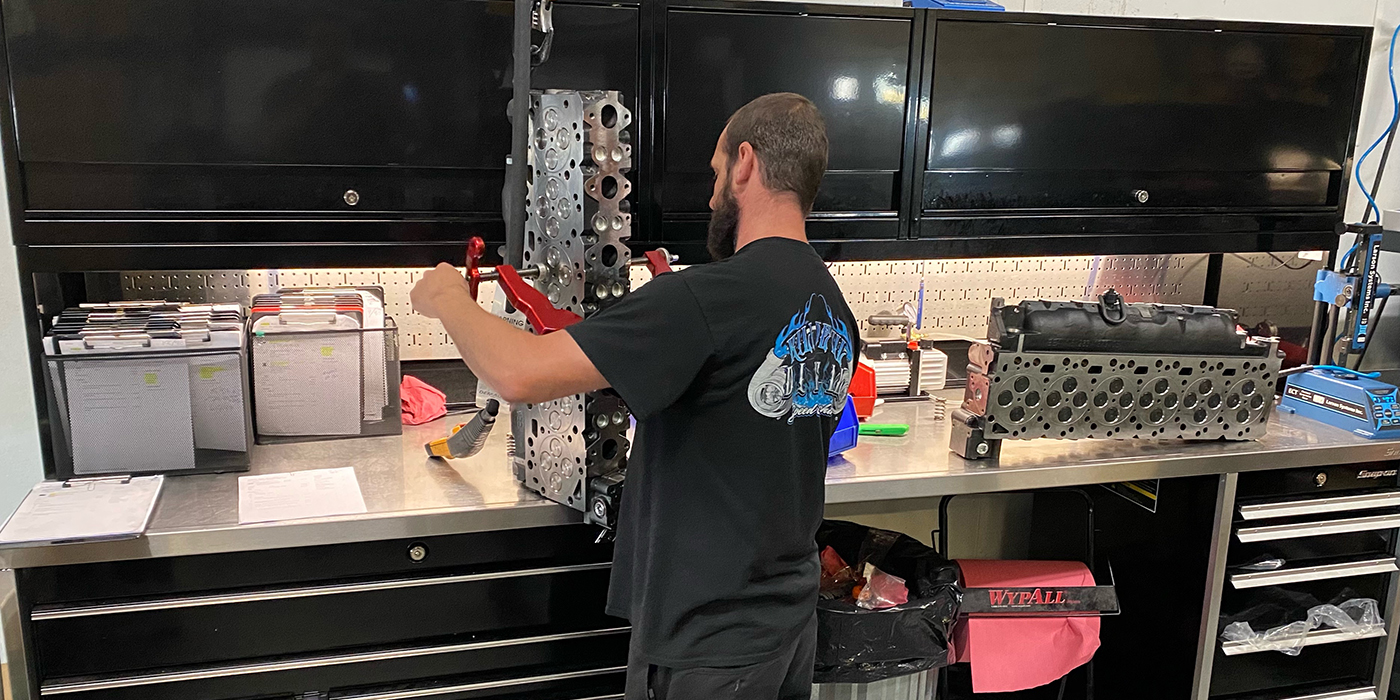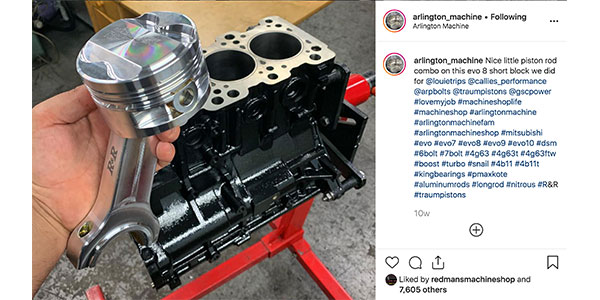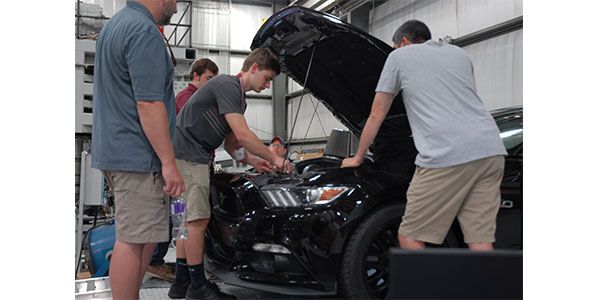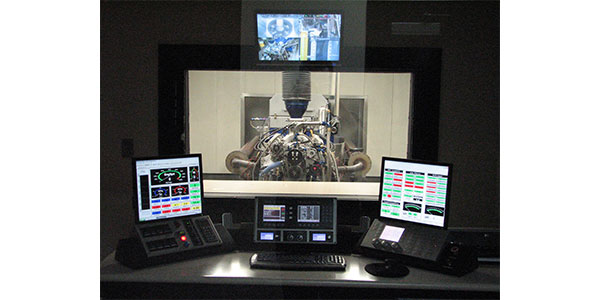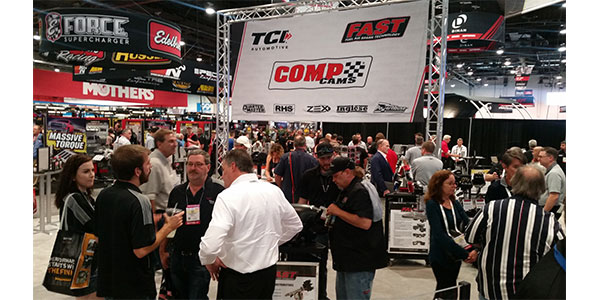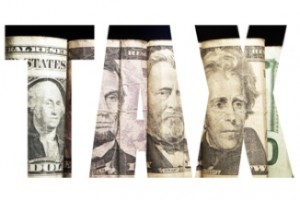 While the fate of several business-related tax extenders such as R&D credits, bonus depreciation and Section 179 expensing that expired at the end of 2013 is uncertain, there are still a number of end of year tax strategies businesses can use to reduce their tax burden for 2014.
While the fate of several business-related tax extenders such as R&D credits, bonus depreciation and Section 179 expensing that expired at the end of 2013 is uncertain, there are still a number of end of year tax strategies businesses can use to reduce their tax burden for 2014.
Purchase New Business Equipment
Section 179 Expensing: Business should still take advantage of Section 179 expensing this year for a couple of reasons. First is that in 2014 businesses can elect to expense (deduct immediately) the entire cost of most new equipment up to a maximum of $25,000 for the first $200,000 of property placed in service by December 31, 2014. Keep in mind that the Section 179 deduction cannot exceed net taxable business income. In addition, unless Congress reauthorizes it, the bonus depreciation expired at the end of 2013 and is not available for 2014.TAX
While most businesses follow a calendar year, for those that don’t there is an exception to the $25,000 cap that allows those businesses to take advantage of the $500,000 Section 179 benefit. However, only businesses whose calendar year begins in 2013 and ends in 2014 can take advantage of this.
Qualified property is defined as property that you placed in service during the tax year and used predominantly (more than 50%) in your trade or business. Property that is placed in service and then disposed of in that same tax year does not qualify, nor does property converted to personal use in the same tax year it is acquired.
Note: Many states have not matched these amounts and, therefore, state tax may not allow for the maximum federal deduction. In this case, two sets of depreciation records will be needed to track the federal and state tax impact.
Timing: If you plan to purchase business equipment this year, consider the timing. You might be able to increase your tax benefit if you buy equipment at the right time. Here’s a simplified explanation:
Conventions – The tax rules for depreciation include “conventions” or rules for figuring out how many months of depreciation you can claim. There are three types of conventions. To select the correct convention, you must know the type of property and when you placed the property in service.
1. The half-year convention: This convention applies to all property except residential rental property, nonresidential real property, and railroad gradings and tunnel bores (see mid-month convention below) unless the mid-quarter convention applies. All property that you begin using during the year is treated as “placed in service” (or “disposed of”) at the midpoint of the year. This means that no matter when you begin using (or dispose of) the property, you treat it as if you began using it in the middle of the year.
Example: You buy a $40,000 piece of machinery on December 15. If the half-year convention applies, you get one-half year of depreciation on that machine.
2. The mid-quarter convention: The mid-quarter convention must be used if the cost of equipment placed in service during the last three months of the tax year is more than 40% of the total cost of all property placed in service for the entire year. If the mid-quarter convention applies, the half-year rule does not apply, and you treat all equipment placed in service during the year as if it were placed in service at the midpoint of the quarter in which you began using it.
3. The mid-month convention: This convention applies only to residential rental property, nonresidential real property, and railroad gradings and tunnel bores. It treats all property placed in service (or disposed of) during any month as placed in service (or disposed of) on the midpoint of that month.
Other Year-End Moves to Take Advantage Of
Business Energy Investment Tax Credit: Business energy investment tax credits are still available for eligible systems placed in service on or before December 31, 2016, and businesses that want to take advantage of these tax credits can still do so.
Business energy credits include solar energy systems (passive solar and solar pool-heating systems excluded), fuel cells and microturbines, and an increased credit amount for fuel cells. The extended tax provision also established new credits for small wind-energy systems, geothermal heat pumps, and combined heat and power (CHP) systems. Utilities are allowed to use the credits as well.
Partnership or S-Corporation Basis: Partners or S corporation shareholders in entities that have a loss for 2014 can deduct that loss only up to their basis in the entity. However, they can take steps to increase their basis to allow a larger deduction. Basis in the entity can be increased by lending the entity money or making a capital contribution by the end of the entity’s tax year.
Caution: Remember that by increasing basis, you’re putting more of your funds at risk. Consider whether the loss signals further troubles ahead.
Retirement Plans: Self-employed individuals who have not yet done so should set up self-employed retirement plans before the end of 2014. Call us today if you need help setting up a retirement plan.
Dividend Planning: Reduce accumulated corporate profits and earnings by issuing corporate dividends to shareholders.
Budgets: Every business, whether small or large should have a budget. The need for a business budget may seem obvious, but many companies overlook this critical business planning tool.
A budget is extremely effective in making sure your business has adequate cash flow and in ensuring financial success. Once the budget has been created, then monthly actual revenue amounts can be compared to monthly budgeted amounts. If actual revenues fall short of budgeted revenues, expenses must generally be cut.
Tip: Year-end is the best time for business owners to meet with their accountants to budget revenues and expenses for the following year.
These are just a few of the year-end planning tax moves that could make a substantial difference in your tax bill for 2014. If you’d like more information about tax planning for 2015, give us a call. We’ll sit down with you, discuss your specific tax and financial needs, and develop a plan that works for your business.
Article courtesy of TIRE REVIEW.

